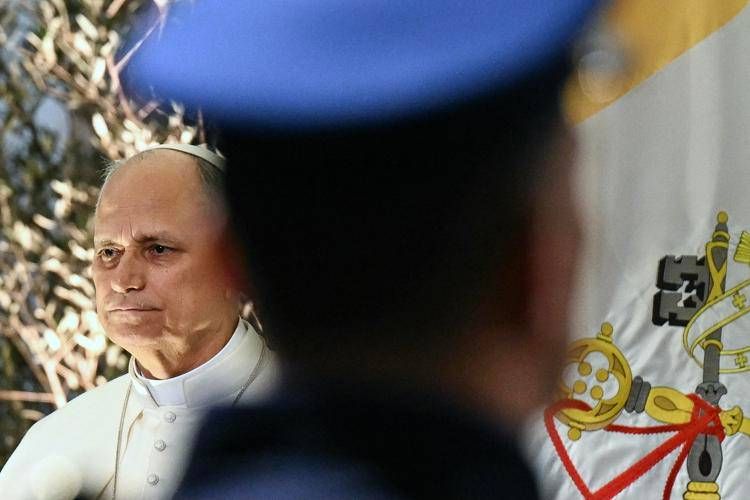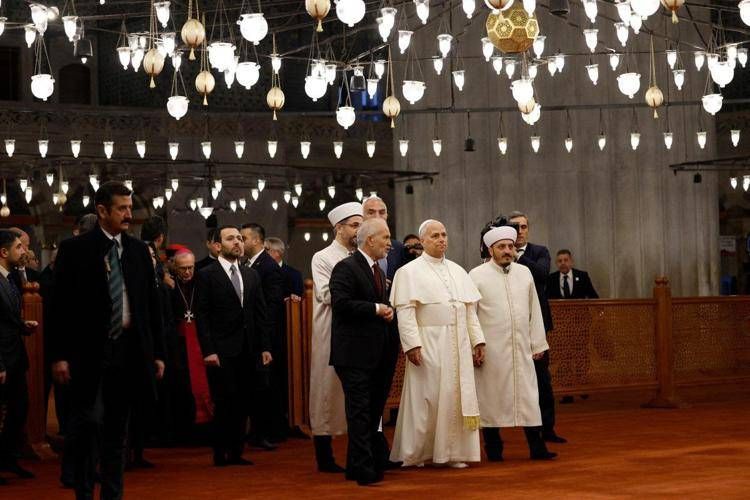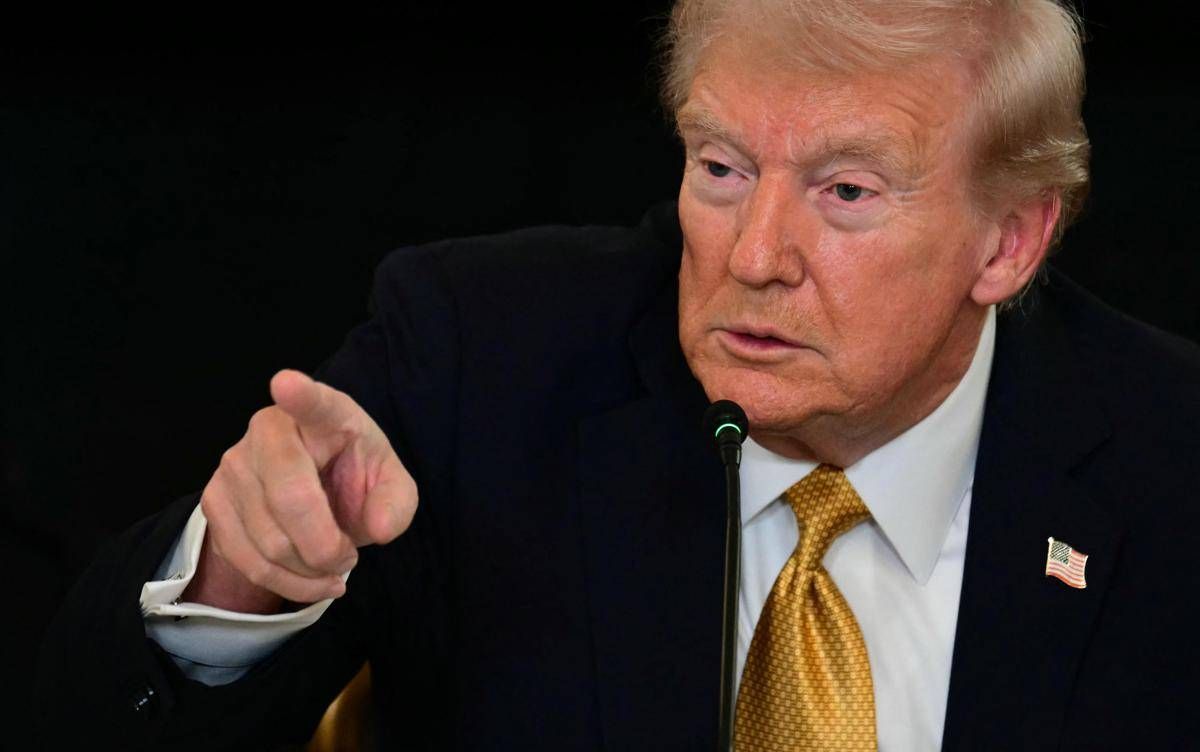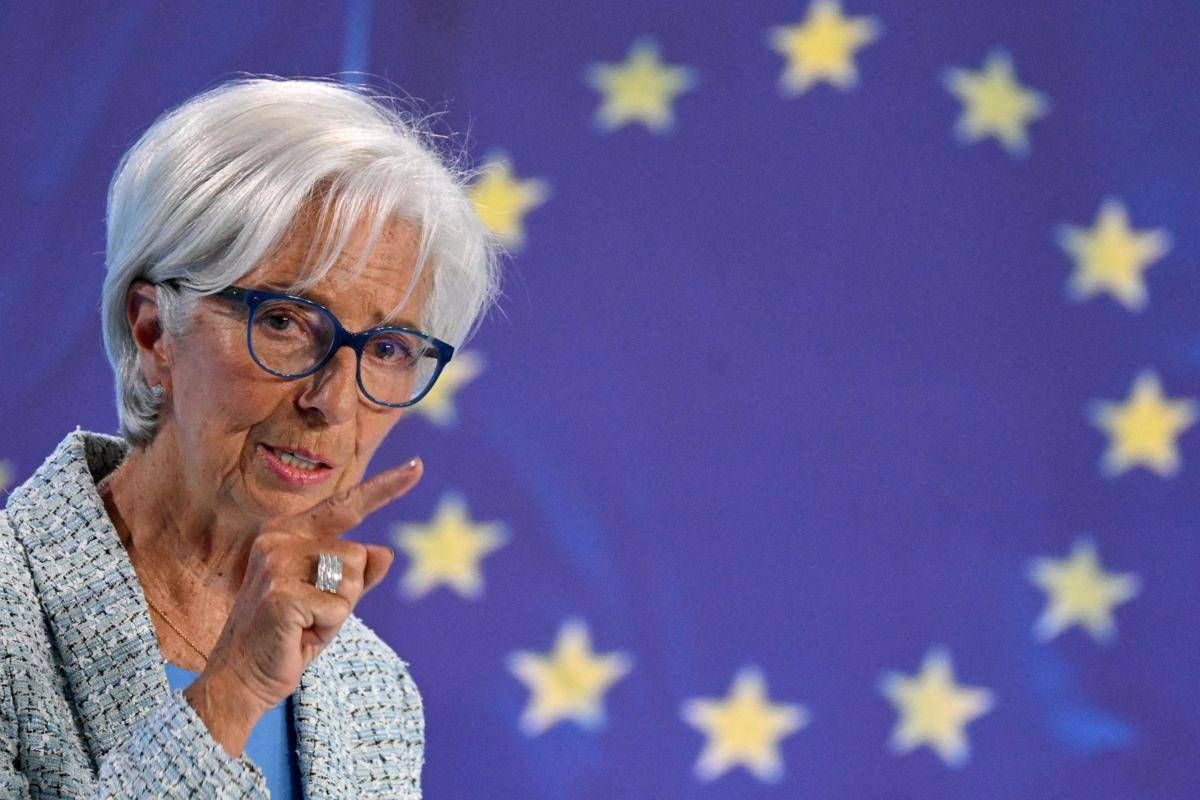
ECB cuts interest rates: inflation target at 2% despite economic challenges
The European Central Bank cuts interest rates by 25 basis points to support economic growth, while keeping the focus on inflation. Downward revision for growth in coming years
The Governing Council of the European Central Bank (ECB) decided today to cut the three main benchmark interest rates by 25 basis points. As of 12 March 2025, the rate on deposits with the ECB will be lowered to 2.50 per cent, the rate on main refinancing operations to 2.65 per cent, and the rate on marginal lending operations to 2.90 per cent. This move is part of the ECB’s strategy to keep inflation around its 2 per cent target in the medium term, despite an economic environment marked by increasing uncertainty. The Eurotower reiterated that the monetary policy approach will be ‘data-driven’ and decisions will be taken on a case-by-case basis, considering the inflation outlook and new economic and financial developments.
The rate cut represents a significant change for the European economy, as it will make it cheaper for businesses and households to access new loans, thus stimulating credit. However, the ECB points out that the effect of this easing is partly offset by previous rate increases, which continue to weigh on existing loans and limit the overall volume of lending.
Inflation estimates provided by the ECB’s experts show that overall inflation is expected to stand at 2.3% in 2025, declining to 1.9% in 2026 and stabilising at 2.0% in 2027. The upward revision for 2025 reflects higher energy prices, while core inflation (excluding energy and food) will remain around 2%. Although some sectors continue to be affected by wage and price increases due to past inflation, the disinflation process is ongoing and the projections are in line with expectations.
As regards economic growth, the ECB adjusted its projections downwards, with a growth forecast of 0.9 % for 2025, 1.2 % for 2026 and 1.3 % for 2027. The slowdown is mainly attributed to lower exports and continued weakness in investment, exacerbated by uncertainty over global trade and economic policies. However, rising real incomes and the gradual dampening of the effects of previous interest rate hikes should support an improvement in domestic demand in the long run.
The ECB remains determined to closely monitor economic dynamics and intervene if necessary to ensure that inflation stabilises around the 2% target, thereby ensuring economic stability in the euro area.
THE LATEST NEWS
(Photo: © AndKronos)
-

 Sport15 ore ago
Sport15 ore agoAddio a Nicola Pietrangeli, leggenda eterna del tennis italiano
-
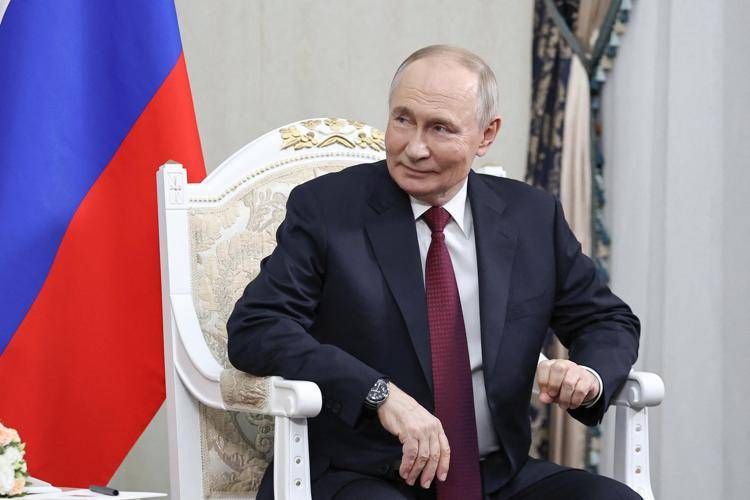
 In Evidenza14 ore ago
In Evidenza14 ore agoGuerra in Ucraina: Putin annuncia crollo del fronte, Isw smentisce
-

 Motori15 ore ago
Motori15 ore agoSconto bollo auto in Lazio: attiva la domiciliazione e risparmia il 10%
-

 Meteo15 ore ago
Meteo15 ore agoInizio dicembre mite in Italia: meteo instabile e temperature in rialzo








